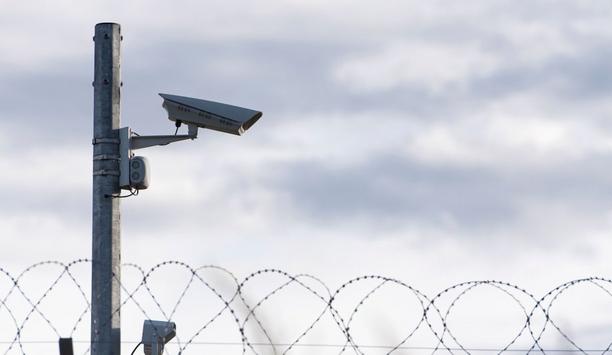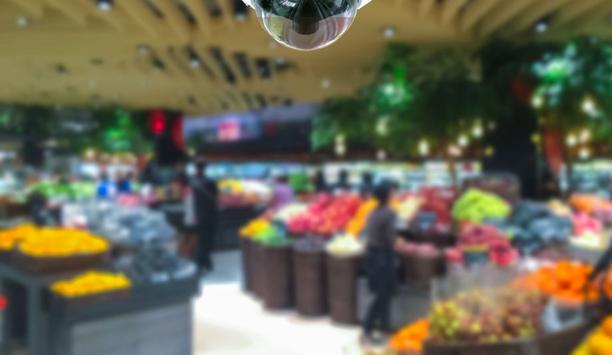 |
| BSIA Export Council members are seeing mega-pixel technology making its mark on CCTV in the Middle East |
The results of new research carried out on behalf of the British Security Industry Association's Export Council, to coincide with the recent Intersec 2012 event in Dubai, underlines the heightened demand in the Middle East marketplace for the latest security systems from UK businesses, despite significantly tougher global trading conditions.
Nearly two-thirds of the BSIA's Export Council's member companies (62.5%), who responded to the survey and were active in this pivotal region, reported that they had witnessed a notable increase in their business revenues from the Middle East over the past 12 months. By contrast just under a third (31.3%) of the companies saw business levels remaining static and only a small minority (6.3%) reported sales in the region had fallen.
In terms of the business areas covered by the companies surveyed 75% were electronic security manufacturers, 12.5% were involved in cash and property marking, with the remainder split equally between security distributors and installers.
When questioned regarding the approach to security technology which they believe has had the greatest impact in the Middle East, over the past 12 months, the clear leader was found to be hybrid solutions, cited by 61.5% of those surveyed. These are able to combine legacy analogue infrastructure with the latest digital, networked, security technology. Alongside this, with the HD (High Definition) revolution well established for consumer electronics, BSIA's Export Council members are starting to see mega-pixel technology making its mark on CCTV in the Middle East, being ranked second with 30.8% in this element of the survey. Another approach, Intelligent VCA (Video Content Analysis) whose potential is now finally being realised, came third on 7.7%.
Significantly, the research investigated the leading factors which Export Council members were seeing as the drivers for customer buying decisions on the ground in the Middle East. It was discovered, for instance, that although initial purchase price ranked as the most important by 57.1% of the respondents, technological innovation was cited as the leading element by nearly 29% of those surveyed. In addition, it was encouraging to find that compliance with industry standards - which is a key requirement for BSIA membership - was the main decision making factor that 14.3% of companies questioned were finding in dealing with their Middle East customers. Above and beyond these, other subsidiary factors mentioned included: confidence in the supplier and it was a prestige brand.
The survey also sought to discover which vertical markets were leading the way in taking up the solutions offered by BSIA Export Council member companies. It was reported that the top market sector was government, on 64.3%, followed in joint second place by hotel/leisure and retail - both with 14.3% - and finally transport on 7.1%.
Said John Davies, Chairman of the BSIA's Export Council: "This new research underlines the success that our members are having in what is an increasingly competitive Middle East market. Undoubtedly, the upturn is testament to the quality of the solutions and industry-leading nature of the innovations that BSIA companies are able to deliver to customers across a wide range of sectors in the region."
"It is also good to see that buyers are paying close attention to factors such as technological innovation and compliance with standards, areas above and beyond the purchase price where I believe our members have a strong competitive advantage. Of course there can be no room for complacency and we are delighted that British security businesses are looking to the future with the very best of security systems solutions and technology showcased at Intersec 2012 both on and off the BSIA-organised UK Security Pavilion."


















